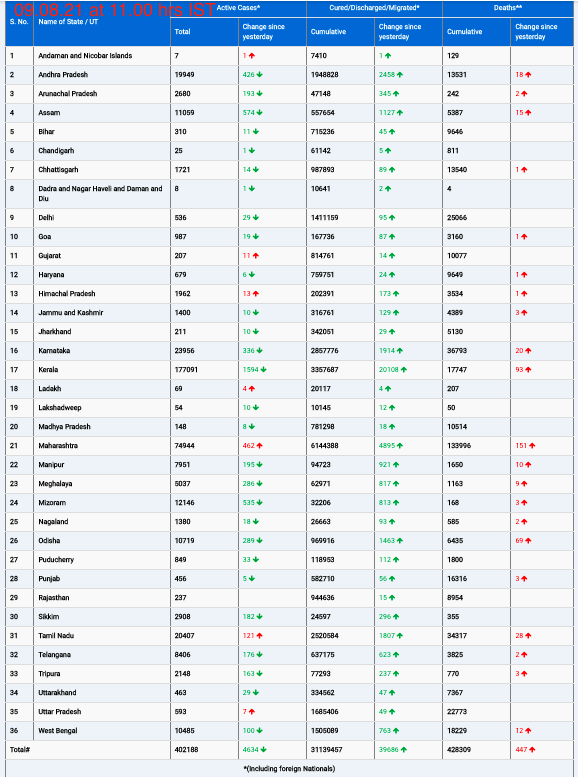Groundbreaking research highlights the potential of glucagon-like peptide 1 (GLP-1) receptor agonists, originally developed for weight loss and glucose control, to reduce the risk of obesity-related cancers. These drugs, which include popular medications like semaglutide and tirzepatide, are being recognized not only for their impact on metabolic health but also for their potential to combat cancer.
Significant Risk Reductions in Obesity-Linked Cancers
A U.S. study conducted in 2024 involving over 1.6 million patients with type 2 diabetes revealed that GLP-1 drugs significantly reduced the risk of 10 out of 13 obesity-associated cancers compared to insulin-only treatments. These cancers included esophageal, colorectal, endometrial, gallbladder, kidney, liver, ovarian, and pancreatic cancers, as well as meningioma and multiple myeloma.
Although GLP-1 drugs also showed potential to lower stomach cancer risks, the findings were not statistically significant. Conversely, there was no observed reduction in postmenopausal breast cancer or thyroid cancer risks. The results are believed to stem from multiple mechanisms, including enhanced insulin sensitivity, lowered insulin levels, and modulation of immune functions linked to cancer.
“These drugs promote substantial weight loss, reducing obesity-related cancer risks,” said Lindsey Wang, a medical student and research scholar at Case Western Reserve University. “They also decrease cancer cell growth signals by enhancing insulin sensitivity.”
Additional Studies Reinforce Findings
In a December 2023 study, the Case Western team reported a 44% lower risk of colorectal cancer in patients using GLP-1 drugs compared to those taking insulin and a 25% lower risk compared to metformin users. The reduction was even more pronounced in patients with obesity or overweight.
Further research compared the effects of bariatric surgery and GLP-1 drugs on cancer risks. While bariatric surgery led to a 22% reduction in obesity-related cancers over 10 years, GLP-1 drugs demonstrated a 39% reduction, suggesting a powerful role in cancer prevention.
International studies have also indicated that GLP-1 drugs like liraglutide can suppress cancer cell growth and induce cell death in pancreatic and breast cancer cell lines. Moreover, studies presented at the Liver Meeting in San Diego highlighted GLP-1 drugs’ ability to reduce fatty liver disease, a known precursor to liver cancer.
Cautious Optimism Amid Ongoing Research
Despite the promising findings, concerns remain. Case Western researchers noted a slightly higher risk of kidney cancer in GLP-1 users compared to metformin users. Animal studies have also hinted at potential risks for medullary thyroid and pancreatic cancers, although recent human studies have not corroborated these findings.
In a 2024 systematic review by researchers in India, 37 randomized controlled trials and 19 real-world studies found no increased cancer risks associated with semaglutide. Similarly, a Brazilian review of 50 trials confirmed that GLP-1 drugs do not elevate risks for breast cancer or benign breast tumors.
A New Era in Obesity and Cancer Management
Experts agree that GLP-1 drugs could revolutionize obesity treatment and reduce the associated cancer burden. “This really is an exciting development,” said Neil Iyengar, MD, an oncologist at Memorial Sloan Kettering Cancer Center. “If people can access these medications, the impact on public health could be enormous.”
However, long-term studies are essential to fully understand the relationship between GLP-1 drugs and cancer risks. “We need clinical trials to examine these drugs’ effects on cancer risk and the mechanisms involved,” said Anne McTiernan, MD, PhD, from the Fred Hutchinson Cancer Center.
Sonali Thosani, MD, of the University of Texas MD Anderson Cancer Center, emphasized the importance of lifestyle changes. “If these drugs can help people lose weight and adopt healthier habits, the long-term benefits could be substantial,” she said.
Looking Ahead
As researchers continue to explore the far-reaching effects of GLP-1 drugs, their potential to reshape the landscape of obesity and cancer prevention is becoming increasingly evident. For now, the message is clear: these medications offer a promising tool, but sustainable health outcomes will also depend on lifestyle modifications and long-term commitment to wellness.











